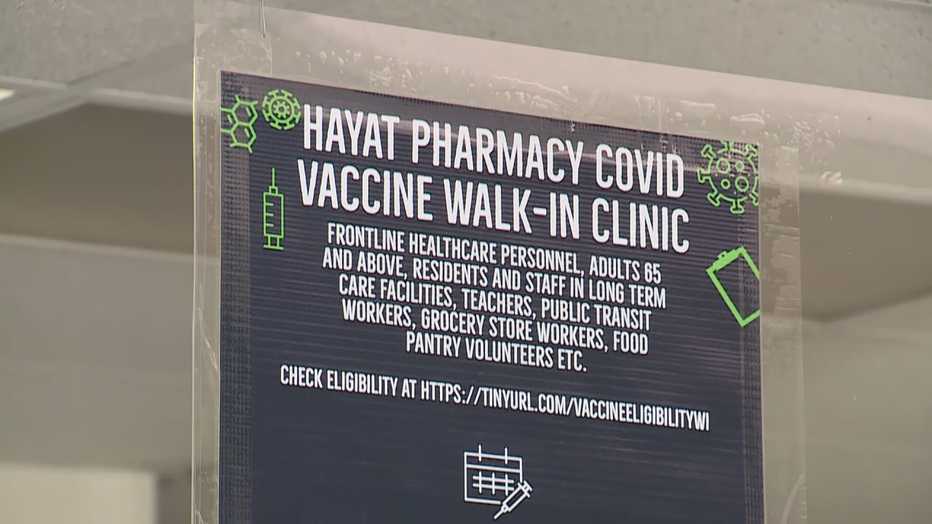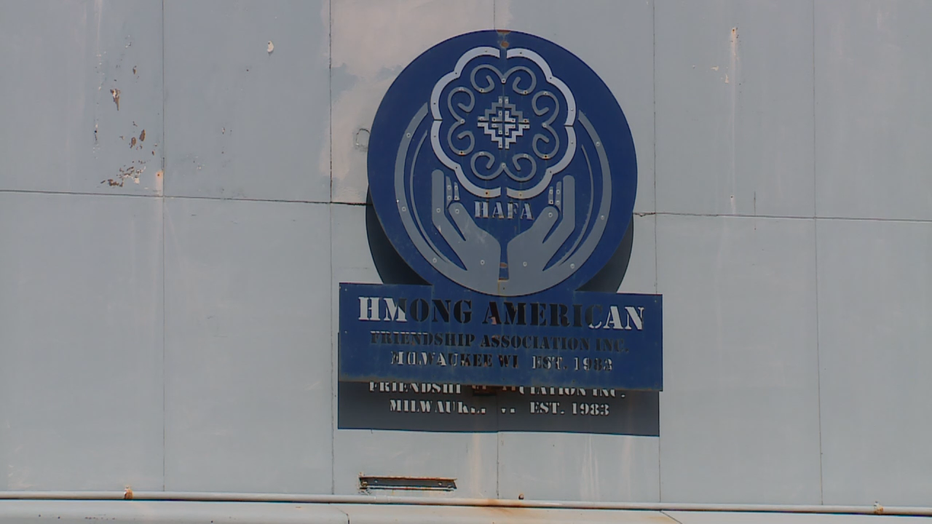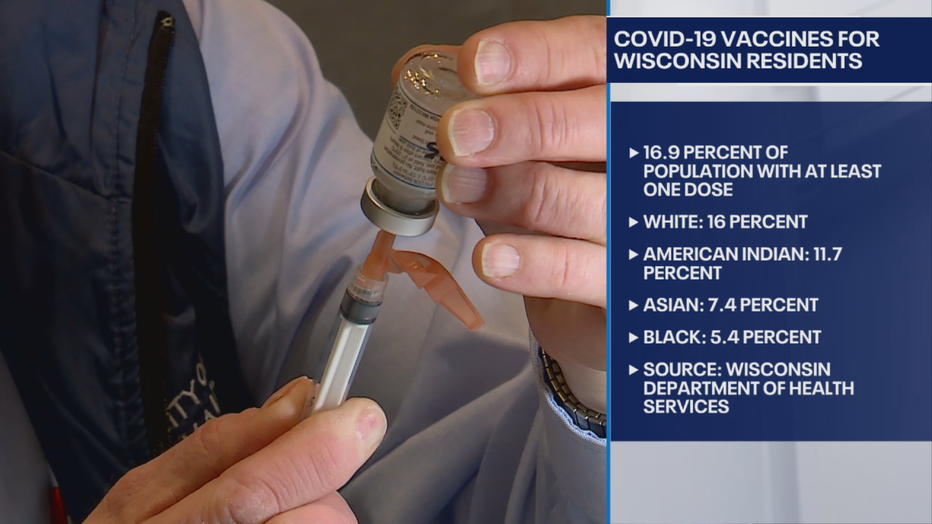Hayat Pharmacy, Hmong agency partner to provide COVID-19 vaccines

Hayat Pharmacy, Hmong agency partner to provide COVID-19 vaccines
If there's one thing the coronavirus pandemic has shown us, it's the inequities of health outcomes in different populations in the United States. Health leaders are keenly aware of those disparities and work is being done to close the gaps in vaccinations.
MILWAUKEE - If there's one thing the coronavirus pandemic has shown us, it's the inequities of health outcomes in different populations in the United States. Health leaders are keenly aware of those disparities and work is being done to close the gaps in vaccinations.
Hayat Pharmacy, in collaboration with the Hmong American Friendship Association, is offering a walk-in, COVID-19 vaccination clinic at the Association’s offices at 3824 W. Vliet Street in Milwaukee.
Two clinic dates have been scheduled thus far: First doses will be offered on Friday, March 5 from 9:30 a.m. to 4:30 p.m. and the second doses on Friday, April 2 from 9:30 a.m. to 4:30 p.m.

Interested community members can go online to check their eligibility.
FREE DOWNLOAD: Get breaking news alerts in the FOX6 News app for iOS or Android
"We worked with Hayat," said Lo Nang Kiatoukaysy. "They said this would be a perfect room for it."
Kiatoukaysy said he's expecting a large turnout since advertising the vaccine clinic for frontline workers, teachers and those who are 65 and older. The Hmong American Friendship Association fielded hundreds of calls Thursday, with the clinic coinciding with its food pantry.
The way Kiatoukaysy sees it, the center near 38th Street and Vliet Street plays a central role in dispelling vaccine distrust he says stems from the use of chemical warfare during the Vietnam War by the United States.

"Trust, I would say, is priority," said Kiatoukaysy. "A lot of stories out there. A lot of people don’t know what is truth, what is fact or fiction."
The facts are this: Statewide, 16% of the population has received at least one COVID-19 vaccine. Broken down by race, Asian and Black populations trail their white and American Indian counterparts.
"I think there’s been a lot of conversation around racial equity for vaccine, broader at the state level," said Shiva Bidar-Sielaff, UW Health.
Bidar-Sielaff said vaccination equity is a priority, but still a challenge.
"I think there’s a lot of work to be done because I don’t know that the vaccine allocation fully takes into account the need for reaching these communities that have been completely disproportionately impacted by COVID-19," said Bidar-Sielaff.

"Sometimes people don’t understand the culture or the language barrier. Sometimes they’re being left out," said Kiatoukaysy.
Kiatoukaysy is hopeful no one is left out this time around.
Vaccines will be provided on a first-come, first-served basis. Residents are asked to bring an ID, proof of eligibility, insurance card and Medicare Part B ID (if 65 or older).
Featured
UW Health shares new data on COVID-19 vaccination equity
UW Health shared on Thursday, March 4 its latest data on how it is promoting COVID-19 vaccine equity.



